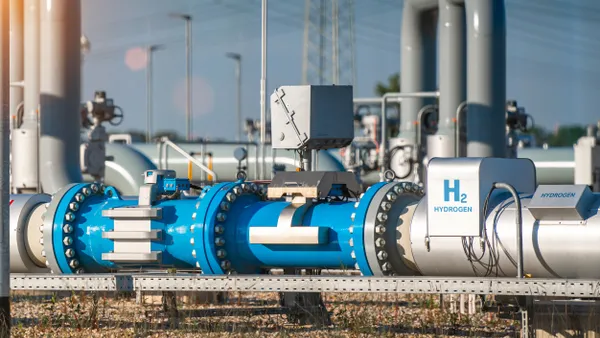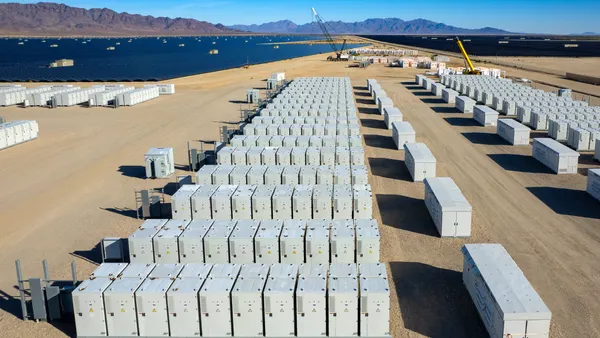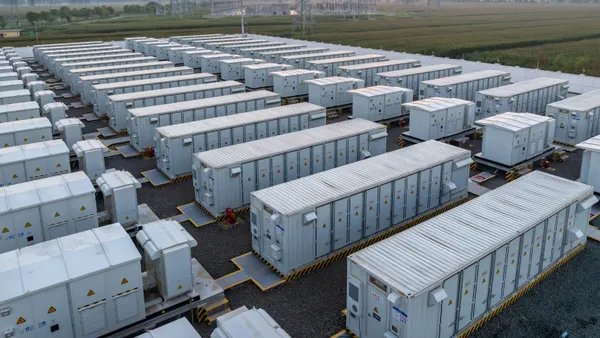Dive Brief:
- Montana lawmakers this weekend revealed the first in a series of legislative initiatives aimed at keeping two units of the 2,100 MW Colstrip coal-fired power plant open, according to media reports.
- The first bill, SB 338, would require Talen Energy and Puget Sound Energy — owners of the two plant units — to devise a plan to deal with the costs associated with shutting down the units. Further measures will reportedly target processes for environmental cleanup plans and provide low-interest loans to keep the plant open through 2022.
- Last year, Puget Sound and Talen reached a court settlement with environmental groups to shutter Colstrip 1 and 2 — the plant's two oldest units — by July 2022. But Talen later indicated that it would stop operating its share of the plant earlier, in 2018, because the plant is no longer "economically viable."
Dive Insight:
The 2,100 MW Colstrip power plant faces challenges familiar to coal-burners throughout the United States — competition from cheap natural gas and renewables combined with the increased costs of environmental upgrades.
Last year, Puget Sound and Talen announced they would close the two oldest units at the plant that date back to the 1970s.
In Talen's case, that closure could come in about a year, stoking concerns among state lawmakers about the impact of lost tax revenue and jobs in the region. In response, a group of legislators this weekend unveiled the first in three bills aimed at keeping the old Colstrip units open until 2022.
The bill, would direct the power companies to design plans to deal with the costs of the unit shutdowns, reportedly including those associated with the physical unit as well as the loss of tax revenues, real estate values and the cost of worker retraining programs.
Subsequent measures are expected to target environmental cleanup plans and provide low-interest loans to keep the unit owned by Talen Energy open until 2022. The loans would reportedly amount to $10 million a year from the state's $1 billion coal tax fund.
SB 338, which would direct the decommissioning plans, is set for a Thursday hearing. The other bills have not yet been introduced.












